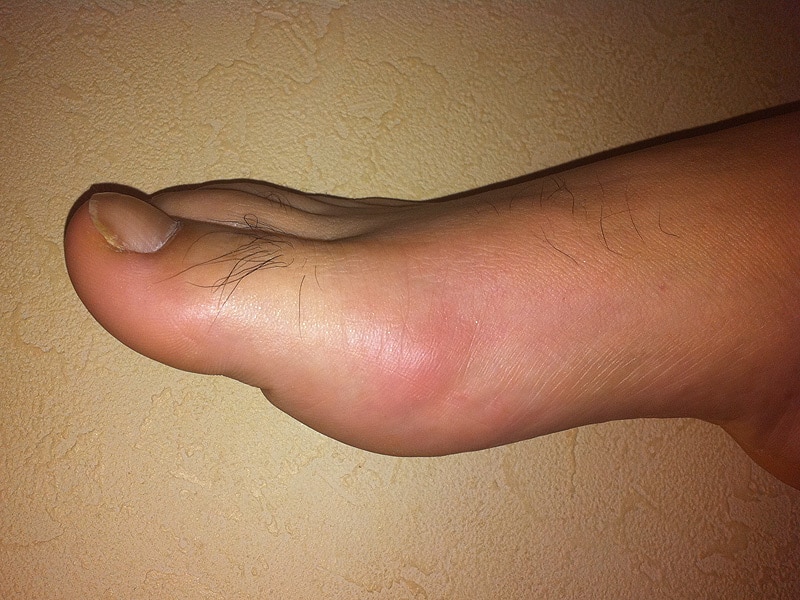Sharan Rai, PhD, from Massachusetts General Hospital and Brigham and Women's Hospital, both in Boston, Massachusetts, believes that that the DASH diet study “could not prove the diet reduced gout risks.”
DASH Diet May Reduce Gout Risk
Bridget M. Kuehn
May 09, 2017
Eating a low-salt, fruit- and vegetable-rich, and low-red-meat diet may reduce the risk of developing gout, according to the results of a large prospective cohort study published online May 9 in the BMJ. Alternatively, individuals who follow a more traditional US diet that is high in carbohydrates and meat may have an elevated risk for the condition.
"These data suggest that the [Dietary Approaches to Stop Hypertension (DASH)] diet could offer an attractive dietary strategy that would be useful in the prevention of gout and its comorbidities in high risk patients with hyperuricemia," Sharan Rai, PhD, from Massachusetts General Hospital and Brigham and Women's Hospital, both in Boston, Massachusetts, and Arthritis Research Canada, Richmond, British Columbia, Canada, and colleagues write.
Recent evidence has suggested that the DASH diet reduces uric acid levels in the blood, according to a report published in Medscape Medical News. The DASH diet is high in fruits, vegetables, and low-fat dairy, but low in sodium, red meat, and saturated fat. It has been shown to reduce the risk for cardiovascular disease, stroke, and kidney stones.
Now, the authors show that an added bonus of following a DASH-like diet is that it may lower the risk of developing gout. The researchers analyzed dietary data from more than 44,000 men aged 40 to 75 years participating in the Health Professionals Follow-up Study. The men were followed for 26 years and completed a survey about their diet and health status every 4 years. The researchers rated the men's diets on the basis of how closely their dietary habits followed DASH or a more common Western diet high in red meat, processed foods, and complex carbohydrates.
During the follow-up period, 1731 of the men were diagnosed with gout. Men whose diets were more similar to DASH had a reduced risk for gout (adjusted relative risk for extreme fifths, 0.68; 95% confidence interval [CI], 0.57 - 0.80; P value for trend < .001). Those with a more Western diet were at elevated risk of developing gout (adjusted relative risk for extreme fifths, 1.42; 95% CI, 1.16 - 1.74; P value for trend = .005). These relationships held even when the authors adjusted for other risk factors that may contribute to gout, including high alcohol consumption, higher body mass index, and older age.
However, they caution that as an observational trial, the study could not prove the diet reduced gout risks. Future trials that randomly assign patients to a DASH-like diet or another alternative are required to confirm the relationship. In addition, the study population was 91% white men, and all health professionals, so the findings may not apply to other racial or socioeconomic groups.
If future trials also find DASH beneficial, the diet might be particularly attractive for patients with gout who also have hypertension and cardiovascular disease, the authors write.
The DASH diet, which patients report is enjoyable and something they are willing to follow, may offer a healthful and easier to disseminate alternative to the low-purine diet.









